There are a lot of ways you can filter your water, and what’s preferable is often a whole-house or reverse osmosis system. These whole-house water filtration systems are an investment, however.
Before you make the leap, it’s important to understand the benefits of filtered water, which include the following.
Page Contents
Tap Water Isn’t As Clean As You Think
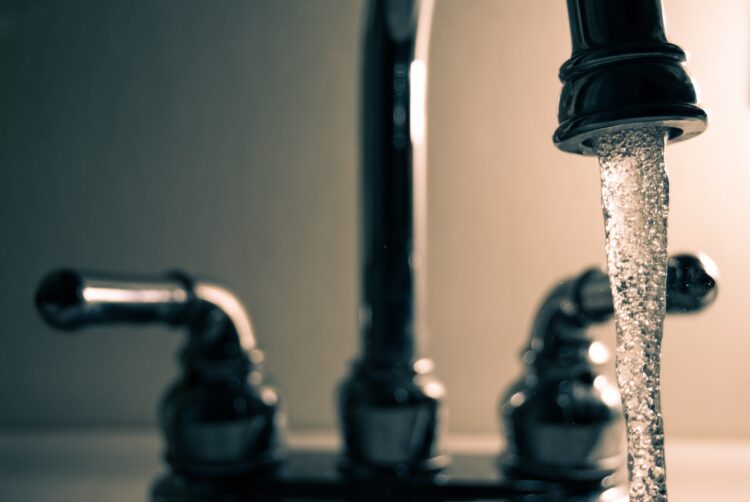
Source: pexels.com
In general, if you’re drinking your tap water directly, you may think it’s clean. However, the reality is that it’s not as clean as it may seem or you may think.
Tap water goes through miles of pipeline to reach you, meaning runoff and contaminants join it on the way.
Most tap water is also disinfected with chemicals that can leave behind cancer-causing byproducts. However, without disinfecting the water you would get sick.
Tap water can contain on average 300 contaminants.
Some people think the solution to tap water problems and risks are to drink bottled water, but that’s not entirely safe or healthy either, and bottled water is bad for the environment.
So what does all this mean?
You should filter your water home if at all possible, and ideally should be using a whole-house filtration system and more details about such filtration can be found at theperfectwater.com
Below we go into more specific reasons to only drink filtered water.
Chlorine and Lead
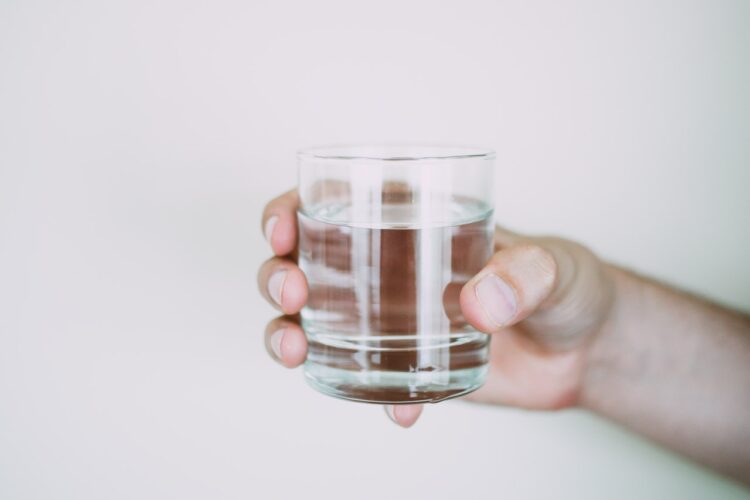
Source: pexels.com
When it comes to drinking water, two of the biggest issues are chlorine and lead.
Chlorine is a chemical that’s frequently used in the U.S., and it’s one of the main water disinfectants.
While the concentrations of chlorine found in drinking water aren’t toxic, over time, they could cause health effects.
Some of the possible effects of chlorine exposure from water include:
- Increased asthma symptoms
- The development of food allergies
- An increased risk of birth abnormalities
- A higher risk of certain types of cancer
Chlorine in water can also have a bad smell or taste.
Lead can get into drinking water when plumbing materials corrode. Pipes, fixtures, and faucets are the most common sources of lead in water.
Even low levels of lead in the blood of children can lead to behavior and learning problems, slowed growth, anemia, and lower IQ and hyperactivity.
Lead can accumulate in our bodies over time, and it’s stored in our bones. When women are pregnant, the lead can be released from their bones, and that can increase the risk of premature birth. It can also reduce the growth of the fetus, and lead can be transmitted through breastmilk.
In adults, lead exposure can cause cardiovascular effects, reduced kidney function, and reproductive problems in men and women.
Another chemical used to clean water is fluoride, which similarly can have negative health effects, particularly over time.
Nutrient Absorption
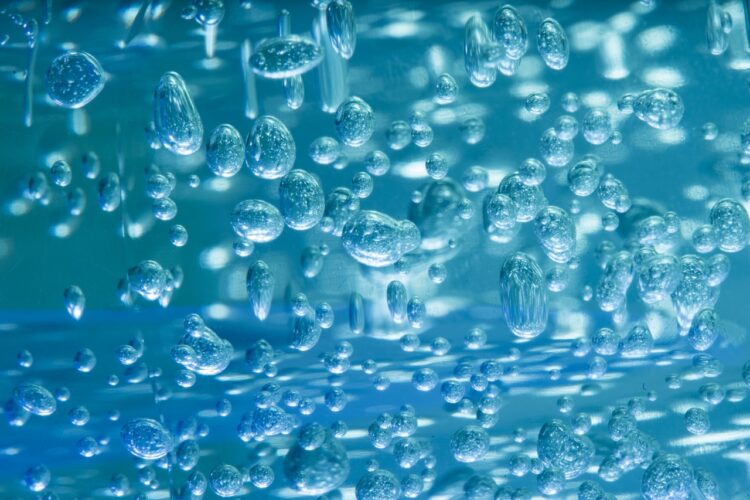
Source: pexels.com
When you drink filtered water, it can help your body absorb nutrients better.
Filtered water can also be absorbed faster by your cells, which can help your metabolism and improve your overall health.
Plus, when you have a water filter at home, there’s evidence you’ll drink more water, which is generally good for you.
When you filter your water, the things that could be harmful to your health are removed, but healthy minerals remain in the water.
Reduced Stomach Issues
If you have stomach pains or gas pains on a regular basis, and your doctor hasn’t been able to identify a reason, you might want to take a look at the quality of your drinking water.
Toxins in your drinking water can lead to gastrointestinal discomfort, including gas.
Help Your Body Detox
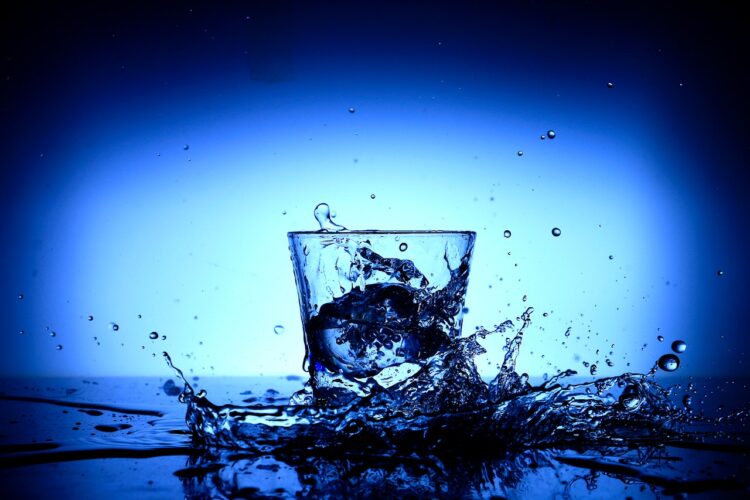
Source: pexels.com
Throughout the day every day, we’re exposed to toxins from our air, our food, and more. These toxins can build up, and your drinking water may be adding to the list.
When you drink filtered water, it’s clean and fresh and can help your body flush out some of those toxins rather than adding to them.
Taste
Most people feel that filtered water tastes better, thanks to the removal of chlorine and other chemicals. When your water tastes good, again, you’re going to be more encouraged to drink it and drinking enough water every day is one of the most important things you can do for your health.
What Are the Risks of Drinking Bottled Water?
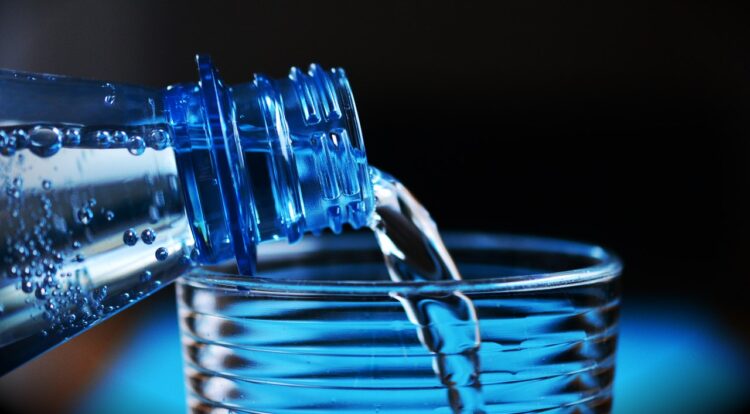
Source: pexels.com
If you’re like many other people, you may wonder why you can’t just drink bottled water rather than filtering your water at home.
There are a lot of reasons to consider your use of bottled water, however.
The risks and downsides of bottled water include:
- Bottled water is often viewed as being cleaner, fresher, and higher-quality than tap water, but that’s not necessarily true. Bottled water is going to almost always come from similar sources to your local drinking water. The idea that bottled water comes from mountain streams is just part of marketing.
- Bottled water may not be filtered. Some companies will do additional filtering on their water, but not all do. There have even been some studies that have found bottled water isn’t as safe as some tap water. Recent studies have found traces of arsenic, phthalates, and other contaminants in bottled water.
- There’s the risk of the plastic itself when you have bottled water. The chemicals used to make plastic water bottles can leach into the water itself over time. This is especially true if the bottle is older or has been exposed to heat. That means things like BPA may get into your bloodstream.
- If you reuse plastic water bottles, then you’re putting yourself at an even higher risk of drinking chemicals.
- Plastic water bottles are made from petroleum products that require a lot of fossil fuels to make and transport. They are bad for the environment, and they also often end up in oceans and rivers.
Overall, the best thing you can do for your health, your family’s health, and the environment is to consider switching to a home filtration system for your water. It gives you pure, clean water that smells and tastes good without causing harm to the environment.





